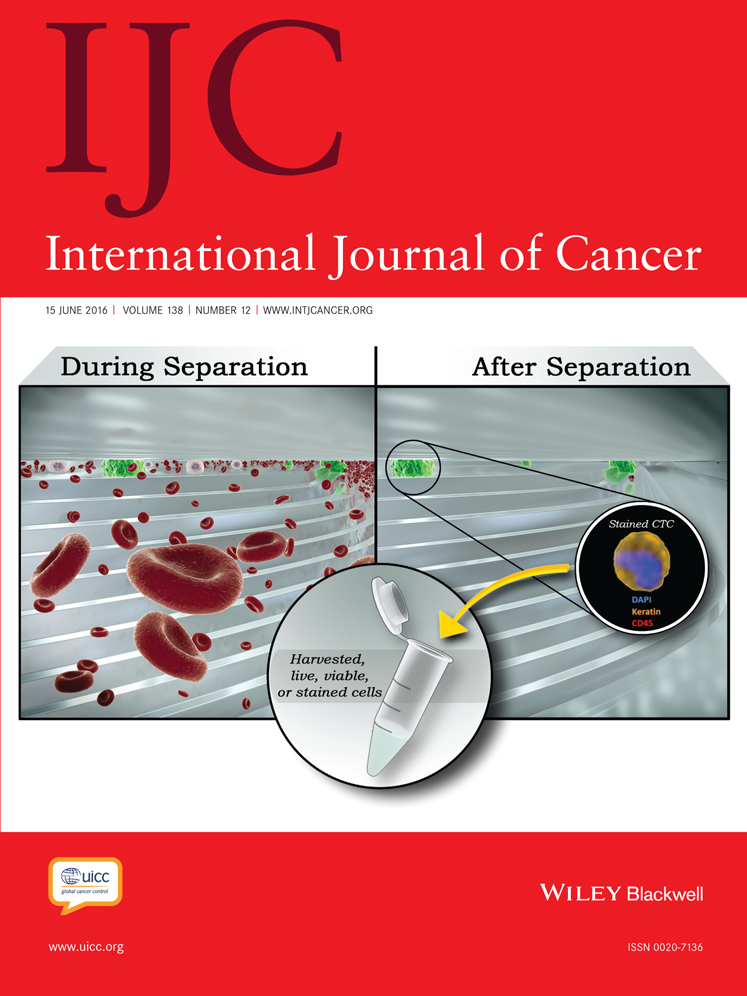Carcinogenesis associated with parasites other than Schistosoma, Opisthorchis and Clonorchis: A systematic review
This work was performed at Universidad Peruana Cayetano Heredia.
Author Contributions: Conceived and designed the study: C.M. and L.A.M. Analyzed the data: C.M. and L.A.M. Wrote the paper: C.M. and L.A.M.
Funding: none
Conflict of interest: None
Abstract
Only three helminths (Schistosoma haematobium, Opisthorchis viverrini and Clonorchis sinensis) are directly associated with carcinogenesis in humans whereas the role of other parasites in cancer remains unclear. This study aimed to perform a systematic review to identify recent insights in the role of other parasite infections in carcinogenesis. We conducted systematic searches of MEDLINE and EMBASE on July 2015. Our primary outcome was the association between parasitic infections and carcinogenesis. Out of 1,266 studies, 19 were selected for detailed evaluation (eight for helminths and 11 for protozoa). The mechanisms of helminth-induced cancer included chronic inflammation, sustained proliferation, modulation of the host immune system, reprogramming of glucose metabolism and redox signaling, induction of genomic instability and destabilization of suppressor tumor proteins, stimulation of angiogenesis, resisting cell death, and activation of invasion and metastasis. In addition to the current knowledge, the following parasites were found in cancers or tumors: Echinococcus, Strongyloides, Fasciola, Heterakis, Platynosomum and Trichuris. Additional parasites were found in this systematic review that could potentially be associated with cancers or tumors but further evidence is needed to elaborate a cause-effect relationship.
Abstract
What's new?
Certain parasites may do more than cause chronic health problems. They may also lead to cancer. Some of these infections, such as “snail fever” (schistosomiasis), are already known to be linked to cancer. In this study, however, the authors identified six additional parasitic infections that may also increase risk. The carcinogenic mechanisms triggered by these infections include chronic inflammation, DNA damage, altered gene expression and immune evasion. Because billions of people are infected with various parasites worldwide, these findings raise serious public health concerns, and further research is urgently needed.




